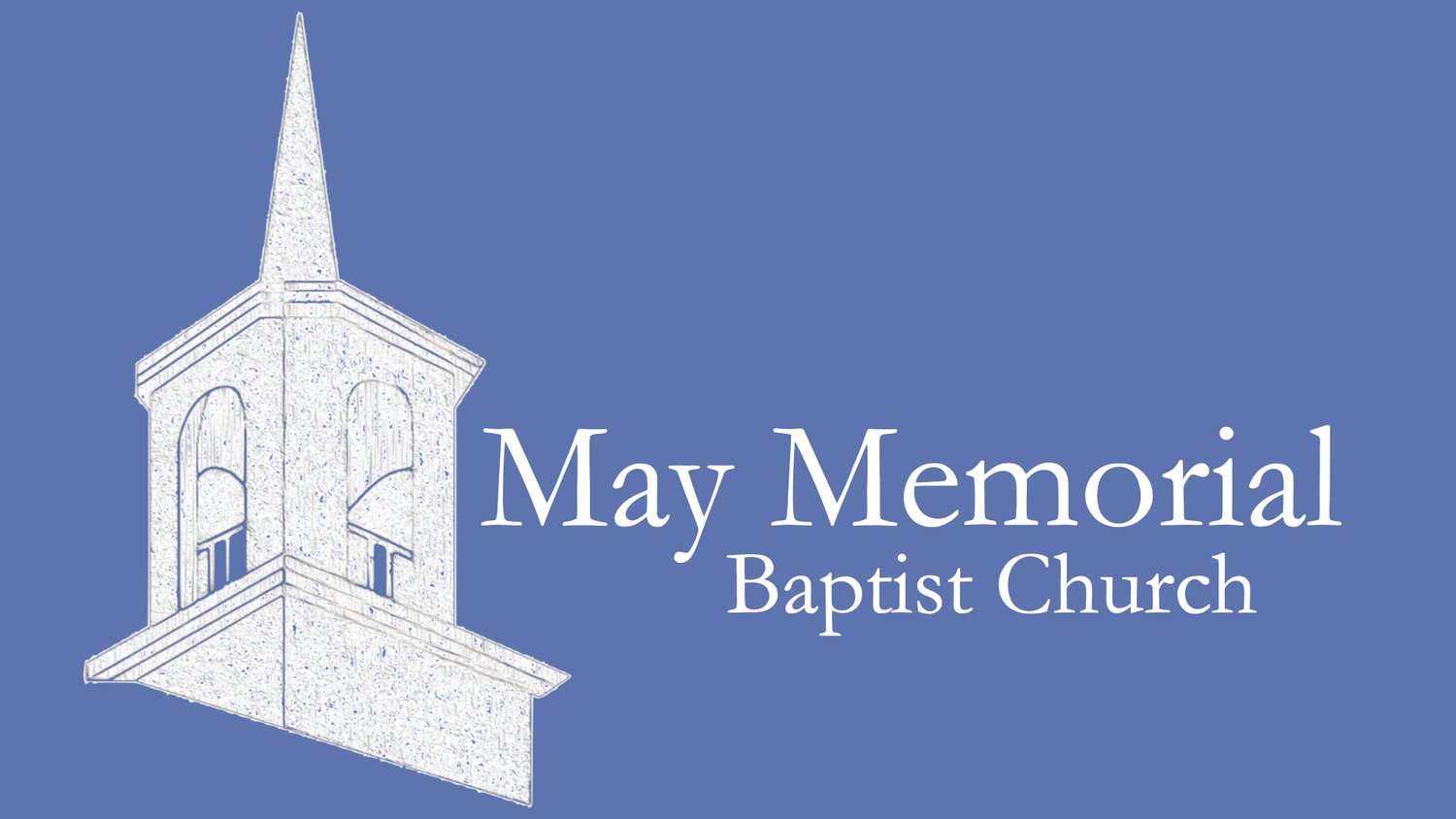If you were to visit a meeting of Alcoholics Anonymous, you’d find a lot of things. You would see that AA has a set format for meetings: readings, prayers, passing a basket, introductions, and statement of traditions. You’d also pick up on many of the customs: coffee, passing out colored chips to mark periods of sobriety, etc. But at the core what you will find is a diverse group of people who 1) have a problem, 2) admit they have a problem, and 3) need for help with that problem. It is really very simple. Now there are many other people in our world who have this problem who never get around to admitting it, and that is one of the distinguishing characteristics of AA’s: they admit it. Only after admitting it can they (we) look for help.
Each Sunday during the season of Lent (and other Sundays through the year) we confess our sins together in worship. We do this because 1) we have a problem (sin), 2) we are willing to admit that we have a sin problem, and 3) we need help with that problem.
Every human being who has ever planted their feet on this earth (except Jesus) has a problem with sin. Things we do that we shouldn’t do, and things we fail to do that we should do. Sins of commission and sins of omission. It is a universal problem. It is a problem for those who have never darkened the door of a church, and it is a problem for those of us who sit in the pews every week. And there are some who would deny this problem, who would say they have never needed to ask anyone for forgiveness. We know that is a lie. And those of us who are a part of Christ’s Church are ones who admit we have this problem. We don’t think we’re perfect, we’re honest about it. We admit that sin is a problem for us.
This ongoing struggle with sin is not one to be hidden or denied, but God gives us tools, practices, disciplines, to deal with it. And primarily there is confession. It should be a part of every Christian’s life, and it is appropriate for us to do it together. It keeps us humble. It reminds us that we are not perfect. It helps us keep short lists. It enables us to be forgiven before God. It enables us a honesty that isn’t expressed elsewhere in our culture. Confession of sin is important. Without confession, we can’t fully grasp forgiveness.
I didn’t grow up confessing sin together in worship, but the older I get and the more we do it, the more important I understand it to be. It causes me to stop, to take inventory, and to name all of those places where I am broken, where I am sinful. Then, in joy, I can sing We are Forgiven and greet you knowing the peace of Christ.
This year we are using the same prayer of confession each Sunday in Lent, I have included this traditional prayer here.
Merciful God, we confess that we have sinned against you in thought, word, and deed, by what we have done, and by what we have left undone. We have not loved you with our whole heart and mind and strength. We have not loved our neighbors as ourselves. In your mercy forgive what we have been, help us amend what we are, and direct what we shall be, so that we may delight in your will and walk in your ways, to the glory of your holy name. Through Christ, our Lord. Amen.
